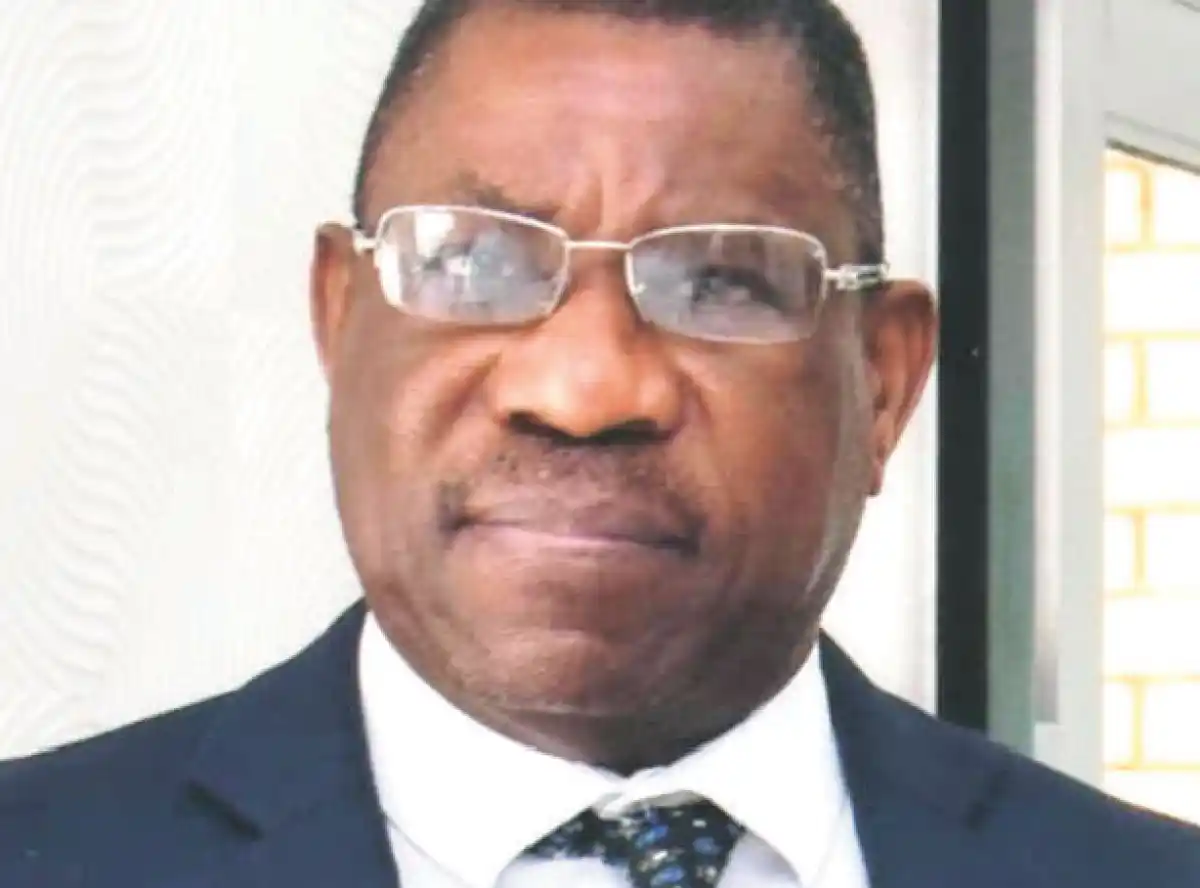
By Benadetta Chiwanda Mia:
Bank customers will have to brace themselves for higher costs across various banking services as commercial banks have adjusted upwards tariffs for both personal and business banking customers.
The adjustments, which affect transfers, cheque services, electronic banking, debit and credit cards, and ATM withdrawals, are effective Monday this week.
One of the most notable changes is in mobile transfer fees, which has increased from K500 to K600, a 20 percent rise. Transfers to Mo626 wallets have also seen an increase, now costing K650 instead of K500, marking a 30 percent hike.
For standing orders, processing fees have jumped to K7,830, up from K5,800, which reflects a 35 percent increase. Moreover, customers transferring funds to other banks will now pay K7,350 per transaction, up from K5,880—a 25 percent increase.
Cheque services have not been spared, with the price for a bank cheque climbing from K38,830 to K52,421, also a 35 percent increase.
The cost of cheque books has also been adjusted upwards; a 50-leaf cheque book costs K24,786, up from K18,360, while a 100-leaf book is now K55,647, rising from K41,220. For a 200-leaf cheque book, customers will now pay K102,394.
In the online banking sector, monthly service fees for e-services have increased to K1,700 from K1,260, signifying a 35 percent increase. Additionally, transaction fees for transferring money to other banks through e-banking have risen to K700, up from K500—an increase of 40 percent.
Consumers Association of Malawi Executive Director John Kapito faulted banks for the tariff increases, rating it as a “rip-off” for consumers.
“It is a challenging time for consumers, especially as we are encouraged to adopt digital banking. Yet, financial institutions seem to be taking advantage by imposing higher charges each year,” Kapito stated.
But Bankers Association of Malawi Chief Executive Officer Lyness Nkungula said the tariff hikes are a response to the current economic climate and a necessary step to enhance bank operations.
“Operational costs have risen significantly, largely due to the increased reliance on technology, which requires constant upgrades. With inflation impacting various aspects of the business, it’s essential for banks to adjust fees accordingly,” Nkungula noted the tobacco auction system, assuring all stakeholders of a well-regulated and transparent marketing process aimed at maximizing returns for farmers.
“We are doing everything possible to safeguard our farmers and ensure they benefit from their hard work. The government will not tolerate any unscrupulous trading practices,” Chambo said.
Miliwadi Ntiya Kaseko, a Burley farmer from Makoka Village, Traditional Authority Nyambi in Machinga, said he was enthusiastic about the expected yield this farming season.
Robert Steven Ngumbira, a flue-cured tobacco farmer from Likango Village, Traditional Authority Nyambi in Machinga, believes the increased production will enhance their livelihoods, provided they receive competitive prices at the auction floors.
Tobacco sales account for more than 60 percent of the country’s total foreign exchange earnings, making it a vital contributor to national revenue.








0 Comments